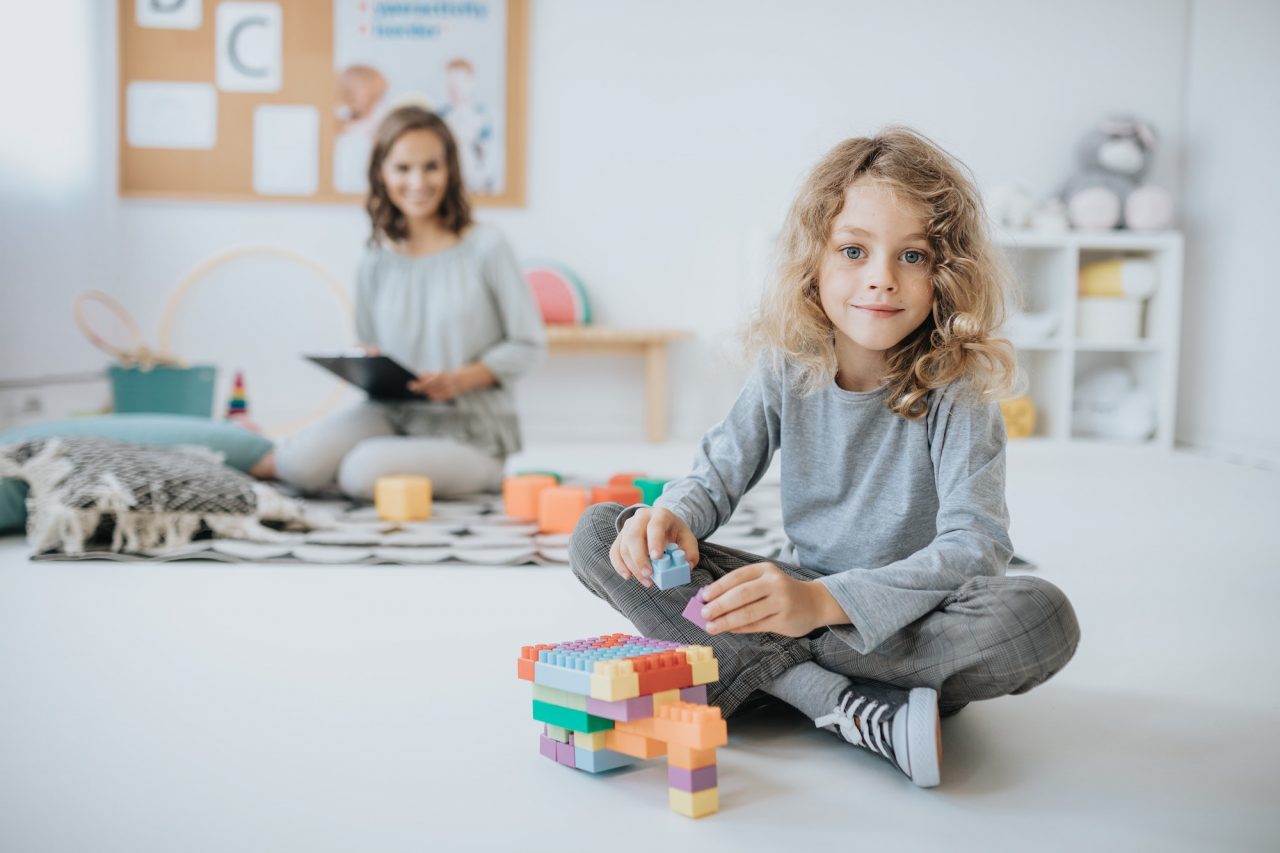Play Therapy
Play Therapy is a specialized therapeutic approach designed to help children express their thoughts, emotions, and experiences in a safe and supportive environment. Through structured and unstructured play activities, children develop emotional regulation, social skills, and problem-solving abilities. Play Therapy is particularly beneficial for children dealing with anxiety, trauma, autism, ADHD, and behavioral difficulties.
Who we are
Qualities of an Outstanding Special Educator


Understanding the emotional and psychological needs of children with compassion.
Supporting children and their families through every step of their journey.
Building bridges between children, parents, and educators for a united approach.
Designing engaging and adaptive teaching methods that cater to individual learning styles.
Tackling complex challenges with a proactive and results-driven mindset.
Committing wholeheartedly to the well-being and development of each child.
Steps in Play Therapy
Lorem ipsum dolor sit amet, consectetur adipiscing elit. Ut elit tellus, luctus nec ullamcorper mattis, pulvinar dapibus leo.
- Establishes a welcoming and non-judgmental space filled with age-appropriate toys, art supplies, and play materials.
- Encourages free expression through symbolic play, storytelling, and role-playing.
- Ensures that children feel emotionally secure to share their inner world.
- The therapist observes the child's play behaviors to understand underlying emotions and conflicts.
- Identifies patterns of fear, aggression, anxiety, sadness, or withdrawal.
- Helps children recognize and articulate their emotions in a healthy manner.
- Uses role-playing, puppetry, and storytelling to help children express and process difficult emotions.
- Incorporates art-based activities like drawing and painting to encourage creative self-expression.
- Encourages fantasy play to help children work through real-life challenges.
- Helps children manage anger, frustration, and anxiety through structured play exercises.
- Encourages cooperative games to improve communication and social interactions.
- Guides children in problem-solving and decision-making through interactive play scenarios.
- Provides guidance to parents on how to support therapeutic play techniques at home.
- Encourages family participation in structured play activities to strengthen emotional bonds.
- Monitors progress through regular feedback sessions with parents.




Play Therapy Examples
A child who has experienced a distressing event may struggle to express their emotions verbally. Through doll play and storytelling, the therapist helps the child recreate and process the event in a safe, controlled manner, gradually reducing their anxiety and emotional distress.
A child with severe separation anxiety refuses to attend school. Using stuffed animals and imaginary play, the therapist helps the child role-play scenarios that ease their fears, reinforcing confidence and independence.
A child on the autism spectrum finds it difficult to engage with peers. Through structured cooperative games, they learn turn-taking, nonverbal cues, and appropriate communication, ultimately enhancing their social confidence and interactions.
Why Choose Us
Why Choose Maqsad Special Minds?
At Maqsad Special Minds, we believe that play is a child’s natural language. Under the expert guidance of Anupreet Kaur, our play therapy sessions provide a safe space for children to express themselves, heal emotionally, and develop crucial life skills.
Every child deserves to laugh, learn, and grow in a nurturing environment. Let us help your child build a brighter future.
Let your child experience the joy of healing through play. Contact us today!
Contact us today!




Get appointment
Need More help?
Join Us on This Journey
888-2002-234
07.00 AM - 05.00 PM
